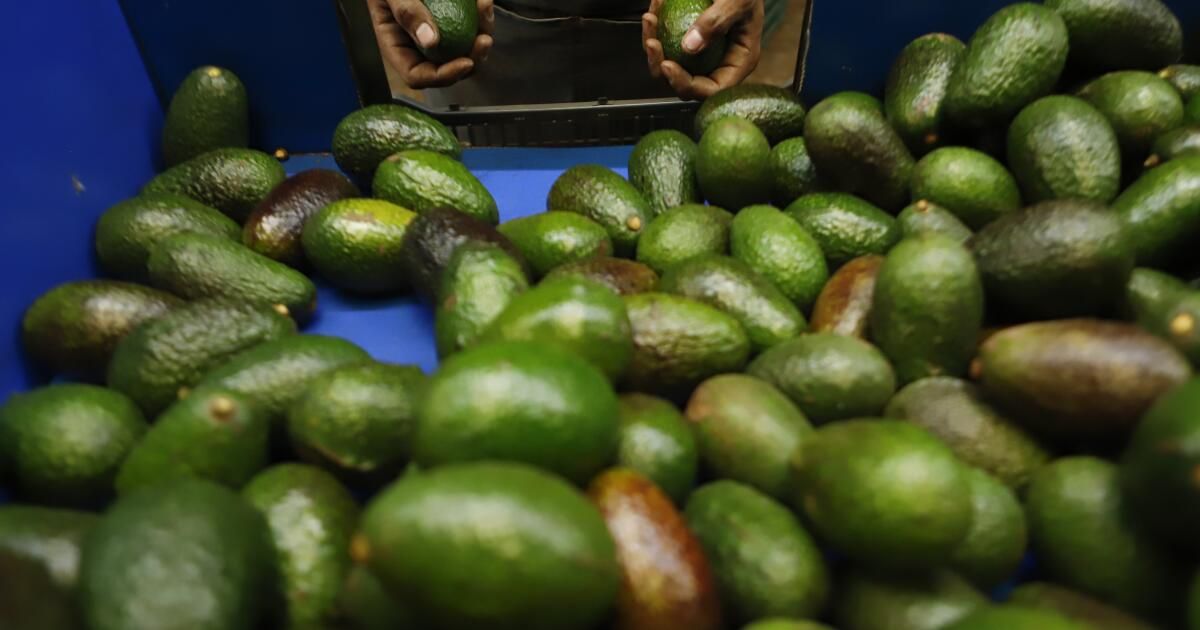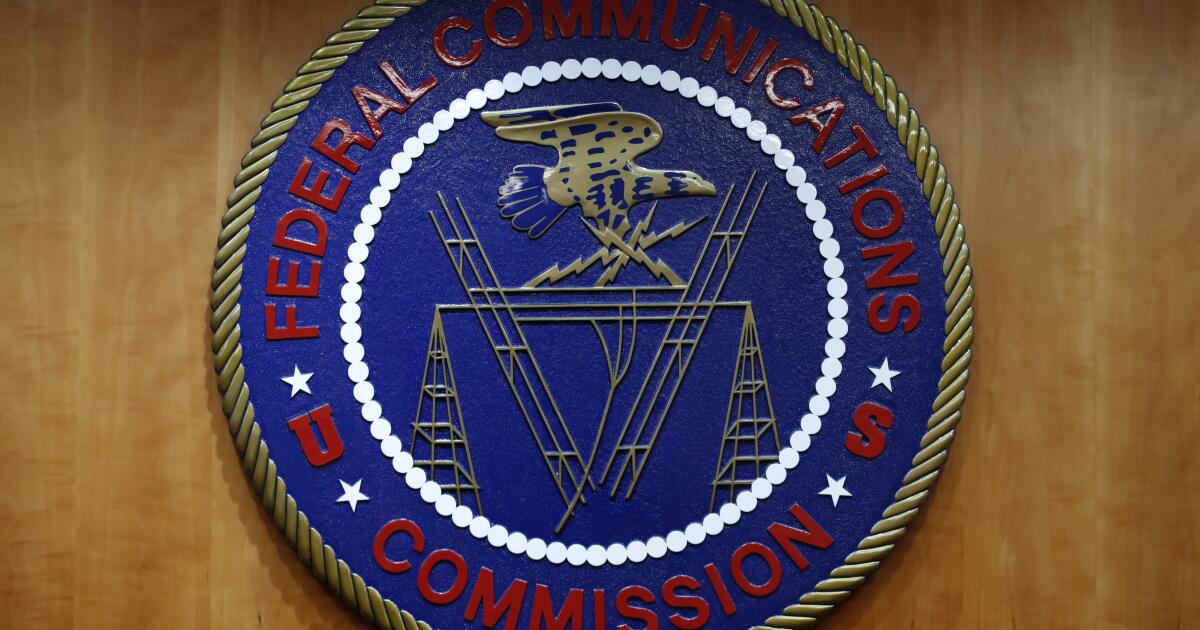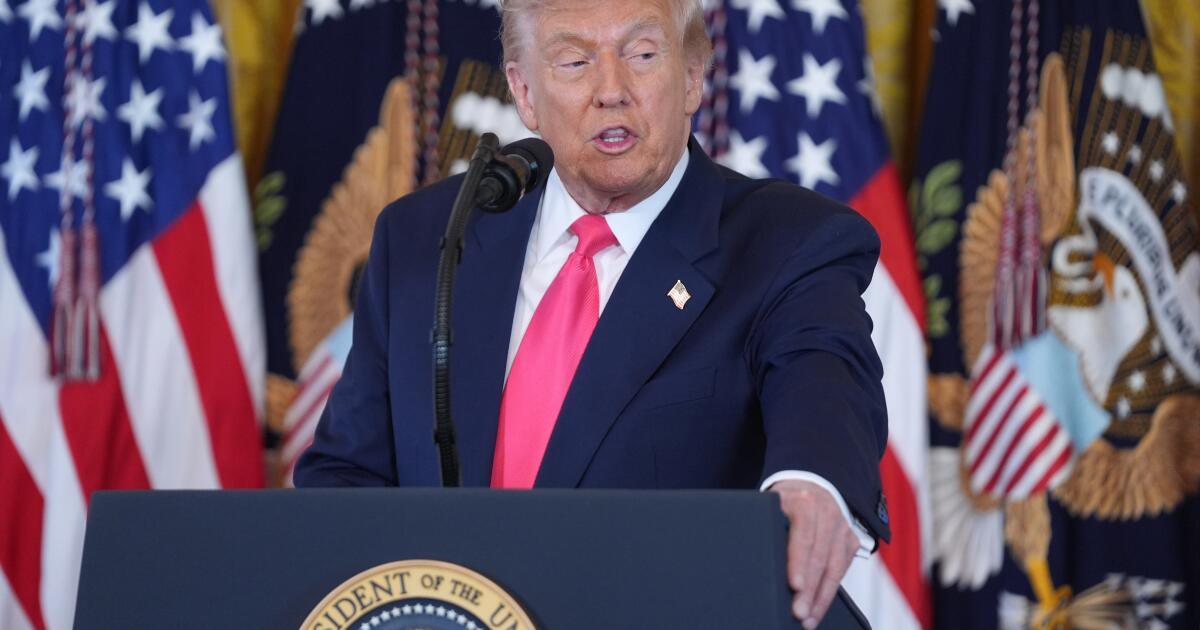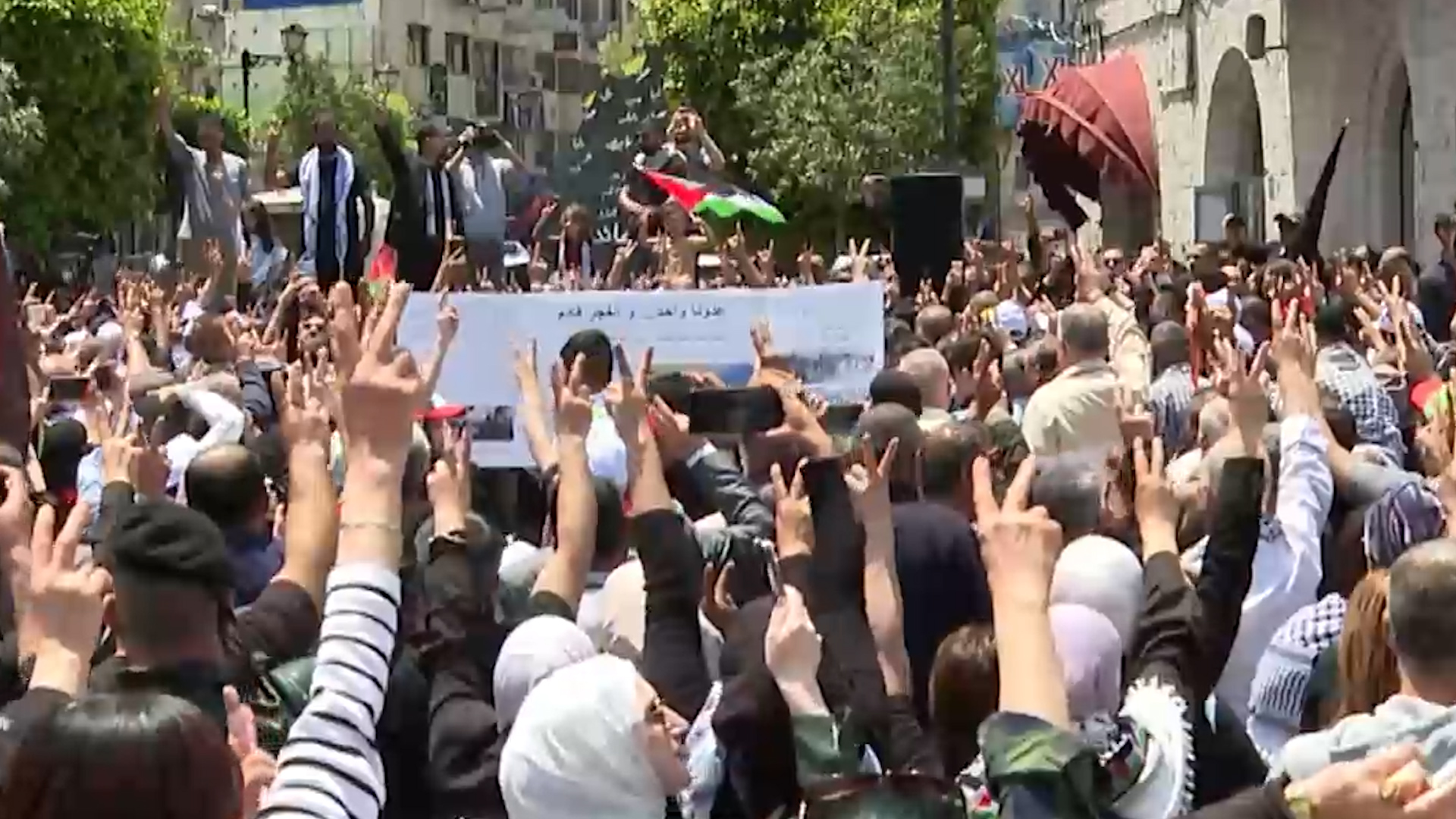MEXICO CITY – Mexican President Andrés Manuel López Obrador on Monday criticized the US government's withdrawal of inspectors from avocado packing plants, even as both sides in the dispute said exports to the United States would resume.
The U.S. Department of Agriculture stopped inspections in the violence-plagued state of Michoacán on June 15 after two of its employees were “attacked and detained,” according to Ken Salazar, the U.S. ambassador to Mexico.
The measure effectively blocked shipments to the United States of avocados and mangoes from Michoacán, paralyzing a crucial industry. Mexican officials and producers estimate the damage at $75 million in lost exports and thousands of lost jobs.
In his regular morning press conference, the Mexican president accused Washington of setting a “bad precedent” by failing to communicate with Mexican authorities before abruptly canceling inspections.
“We ask first that the United States government not act unilaterally,” López Obrador told reporters. “We have very good relations. “We are working cooperatively and this is not the way.”
López Obrador, whose term ends on October 1, has worked closely with Washington on issues such as trade, immigration and crime. But the populist president has also been a frequent critic of what he calls the “arrogance” of the United States, especially in businesses related to cross-border drug trafficking.
There was no immediate reaction to López Obrador's comments from US officials, even as the US ambassador traveled to Morelia, the capital of Michoacán, and declared the avocado dispute resolved.
At a news conference with Michoacán's governor and other officials, Salazar said the two sides had agreed to improve cooperation and establish a “very comprehensive” emergency plan to avoid future inspection problems. Mexican authorities have promised to beef up security for U.S. inspectors if necessary.
The ambassador did not specify whether inspections and imports of avocados and mangoes have resumed. On Friday, Salazar said that inspectors, in charge of certifying that fruit is free of diseases and pests before being exported, would “gradually” return to fruit packing houses.
U.S. and Mexican officials have provided conflicting accounts of the June 14 incident that led to the cessation of inspections.
While Salazar said the two inspectors were “attacked and detained,” Mexican authorities said the two, both Mexican citizens employed by the embassy, were never attacked or detained.
His vehicle was one of dozens detained in an unrelated protest over unpaid salaries to police in the municipality of Paracho, Michoacán, according to Mexican officials. Protesters in Michoacán and elsewhere in Mexico routinely block roads to draw attention to their grievances.
Mexico exports more than 3.5 billion dollars annually in avocados to the United States. Michoacán is the country's main producer of avocados, but organized crime gangs regularly extort producers, laborers, truckers and others involved in the lucrative trade in “green gold,” as the fruits are known.
Special correspondent Cecilia Sánchez Vidal contributed to this report.












